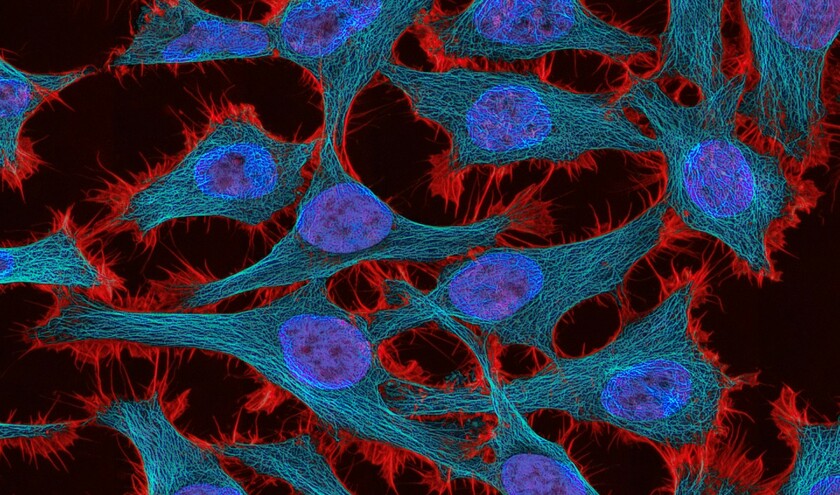The new initiative, unveiled by the DHSC, will offer women who are six months overdue for screening a self-sampling kit to complete at home and return to a lab via pre-paid mail. Anyone whose sample shows signs of high-risk HPV - the cause of almost all cervical cancers- will then be referred to a specialist for follow-up testing.
Self-sampling involves using a vaginal swab to take a small sample of cells from the vagina. These cells can then be tested in a lab for signs of HPV.
Almost everyone who took part in DHSC's HPValidate study, which tested self-sampling at screening sites, reported that they had an excellent (75%) or good (23%) experience taking a sample with a swab.
Health and social care secretary, Wes Streeting, said: ‘These self-sampling kits represent healthcare that works around people's lives, not the other way around. They put women firmly in control of their own health, ensuring we catch more cancers at their earliest, most treatable stages.
‘Our 10-Year Health Plan will fundamentally reform the NHS, shifting focus from treating illness to preventing it before it starts.'
Michelle Kane, NHS director of screening, said: ‘There are a number of reasons that stop some women taking up the offer of screening and we hope the introduction of self-testing will encourage more women to take up this life-saving test in a way that works for them.
‘I'd encourage anyone who gets an invite for a cervical screening, either from their local GP practice or the NHS App, to attend and if you have any worrying symptoms, please contact your GP. It could save your life.'
Cancer Research UK's YouScreen study showed that self-sampling could be particularly helpful for disadvantaged groups. When the results were published, Dr Anita Lim, who led the trial from King's College London, said: 'It's really encouraging that we received self-samples from groups that have been historically underserved, including people from deprived and ethnic minority backgrounds, LGBTQI+ people, people with learning disabilities and victims of sexual violence.'
In response, Cllr David Fothergill, chairman of the Local Government Association's Community Wellbeing Board, said: ‘Self-sampling HPV kits are a game-changer in cervical cancer screening because they offer a more accessible and convenient way for women to participate in screening, potentially leading to increased participation and earlier detection of cancer.'



